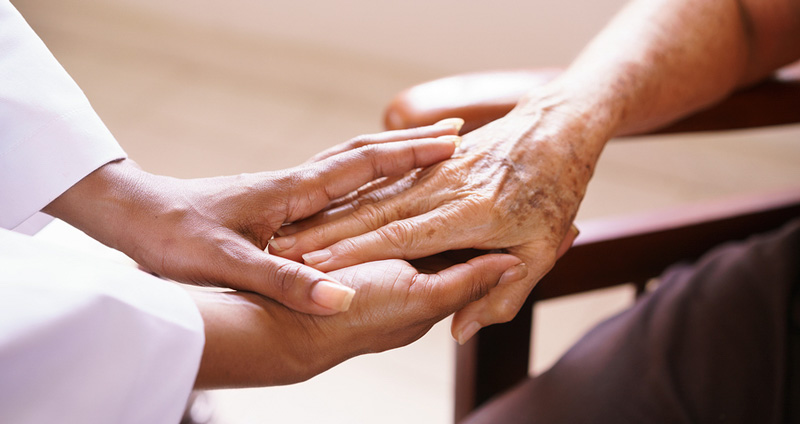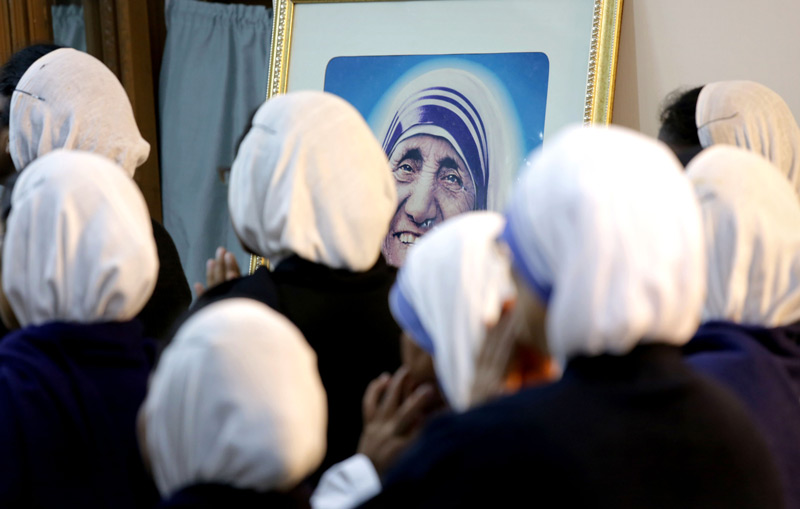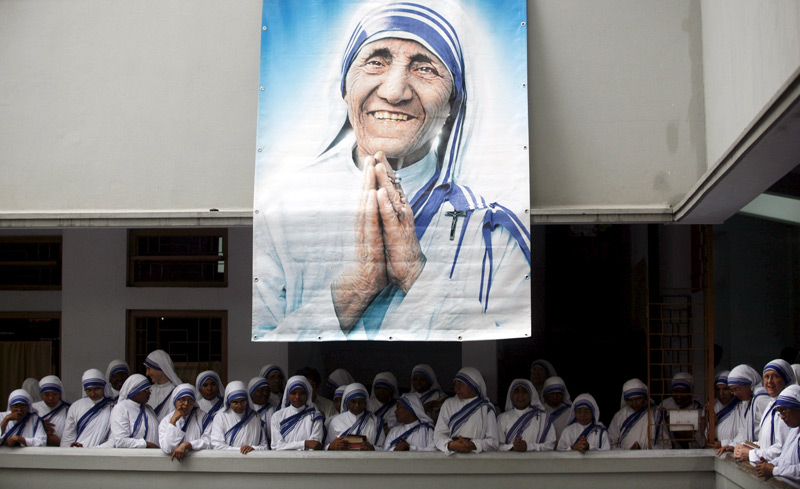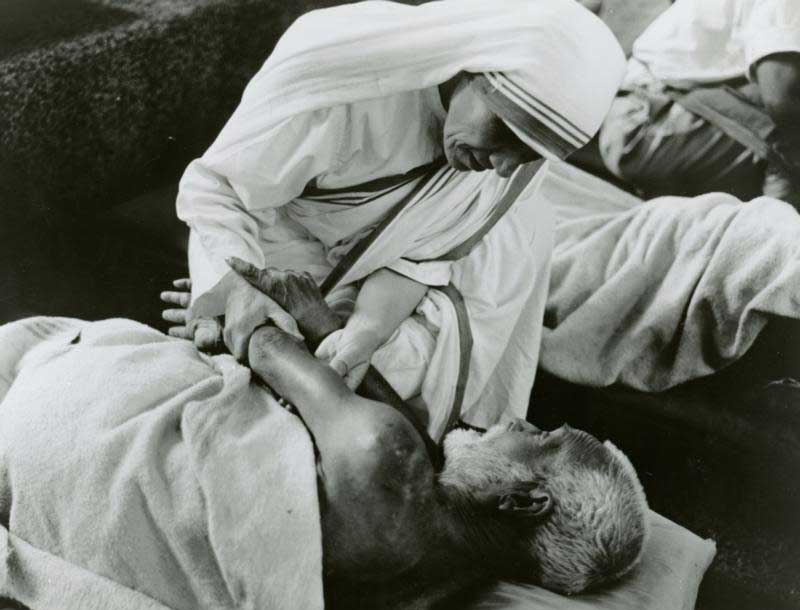
The summer before I officially entered my religious community, I asked if there might be a summer job available with the sisters.
Religious communities like to make sure that their sisters (in training and otherwise) have a diversity of experiences in ministry. I was already a teacher, so, of course, I was offered a position as a late afternoon and evening nurse’s aide at our Pennsylvania home for the aged. That meant a rapid immersion in the fine arts of feeding, walking, bathing, dressing, and caring for — and sometimes removing — false teeth.
Many of the residents were delightful. Mrs. Upham, who was 104, did everything for herself, even though she was blind. Miss Schultz was a refined former school teacher who needed some assistance but was fastidious about her room.
Some of them were — well, interesting. Mr. Simmons was a 92-year old flirt who always wanted a good night kiss. Babka (grandma, in Slovak), who had lived on a farm in her earliest days and now had advancing dementia, always had to be reassured that the cows were in for the night. Suzie F., another resident with dementia, could be counted on to slap and scratch. She was as resistant as any tantrum-throwing 3-year-old when it came to bedtime. John O. was a wanderer who could turn up in the laundry room, the kitchenette, or someone else’s room if you happened to lose sight of him.
Katherine H. had been bedfast for seven years after a completely debilitating stroke. We turned her, had her rest on sheep skin to avoid bed sores, diapered and gently cleaned her up. We learned that she knew to open her mouth and eat her pureed food once a spoon touched her lips. Her beverages came in a large plastic syringe — obviously with no needle. We had to squeeze slowly so that she would not start to gurgle and choke. She could not speak, but we talked to her and sometimes hummed or sang quietly. No one was sure what mental world she was in, but she was always treated with utmost respect.
While no one used the term hospice at that time, this type of experience of care opened our sisters to the idea of partnering with a two-county agency to form a hospice home nearly 30 year after our first Katherine H. type of experience. We converted an area of our sisters’ retirement home to welcome terminally ill guests. The agency was headed by a Catholic. The director of hospice care was an evangelical Christian who understood and subscribed to our Catholic health care ethics.
When we were still in the planning stages, the director mentioned that they would do whatever it took to provide nourishment as long as a person’s body could withstand it. She said, “If a patient rouses up and says he or she wants shrimp cocktail, we go out and get it. If it’s ice cream, we’ll be sure that there is some in the refrigerator.”
She reminded me of something my M.D. brother had said about his father-in-law, who had a long, lingering death after years of chemotherapy and radiation for cancer of the throat. “All he wanted was orange soda, and he lived on it for months.”
What we have found, now that we have been involved with hospice for nearly 15 years, is that “comfort care” means providing pain relief, hydration, nutrition, attractive surroundings, quiet, and spiritual support — through the sisters and a chaplain. We offer a family room for visitors and another room full of games and toys for children and grandchildren.
Some of our critically ill hospice patients have lived as long as 11 months. One of the longest surviving delighted in getting outside for wheelchair rides when summer festival time came. Some have lived only days after discharge from an area hospital. But we are sure that all of them have faced death in a way that St. Teresa of Kolkata would have approved. Her aspiration always was that the people whom her sisters cared for would, in her words, “die like angels.”
Their families, too, have been relieved to have their loved ones in a home-like atmosphere with guardian angel type humans around them. In so many ways, a hospice home helps the long letting-go.




